Projects
At RCAST, a research institute which fuses the arts and sciences without limiting itself to a specific field of study, research fields such as science and engineering, which promote science and technology, co-exist with humanities and social science research fields related to ethics, philosophy, and social systems.
RCAST is uniquely positioned to carry out research in unprecedented fields, so it must take on the challenge of solving the complex problems faced by society.
RCAST Cross Disciplinary Projects
UTokyo-Research Alliance for Information and Life Sciences (UTokyo-RAILS)
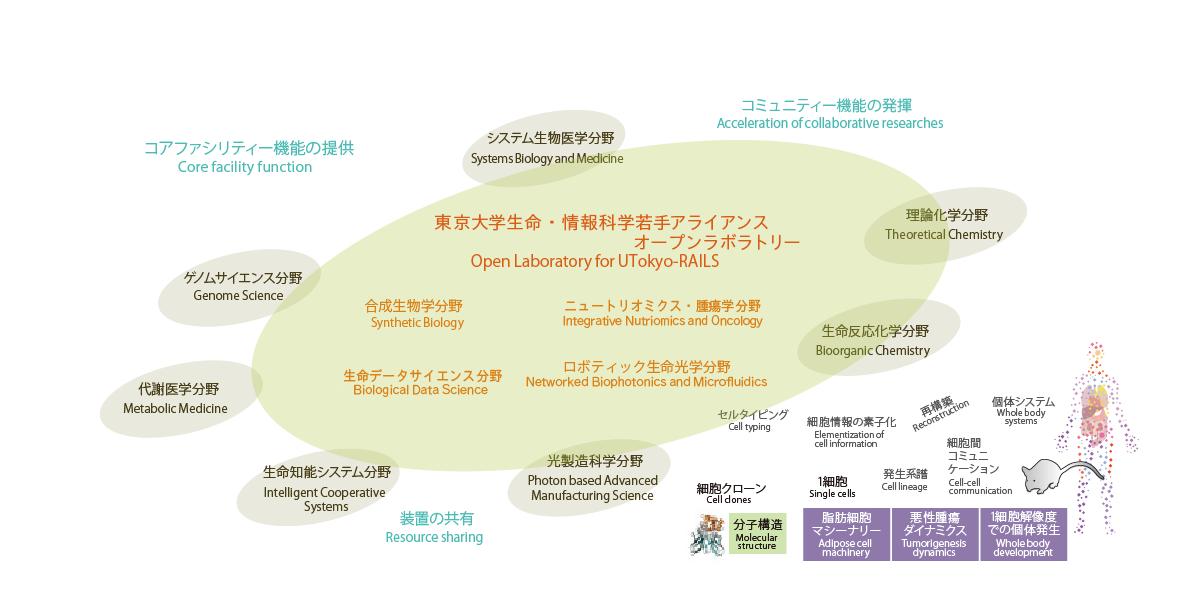
- In 2020, we incorporated automation technology and developed a flexible core-facility system that shares expensive measuring equipment in the Komaba 2 campus area. We are further accelerating our research by pursuing the next generation of science without barriers.
This Alliance driven by early career scientists aims to fuses information science and measurement technologies for life science for tackling many major and challenging problems in the modern science such as cancer progression and disease control.
Inclusive Academia Project
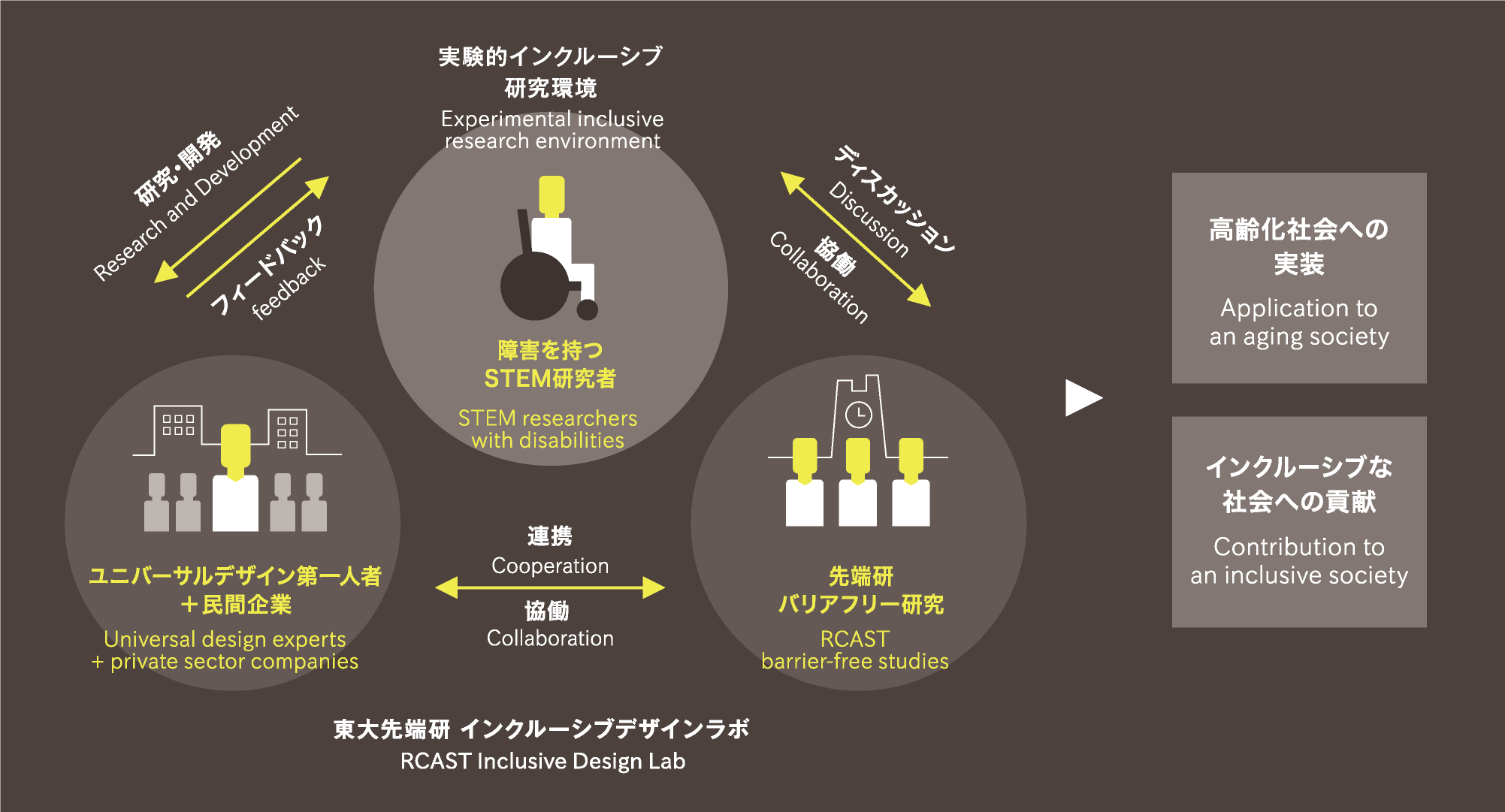
- The STEM research sites in Japan, where lab wares, measurement instruments, and analysis systems are packed into small spaces, are far from being ideal environments for researchers with physicaldisabilities. This project, which involves a team of universal design leading experts, private sector companies involved in the research and development of inclusive environments, researchers with disabilities, and barrier-free studies at RCAST, has kicked off to create environments where disabilities do not limit research careers.
It aims not only to create ideal research environments for all researchers but also apply the developed technology to the aging society, thus contributing to the creation of the inclusive society.
Co-Creation Living Lab
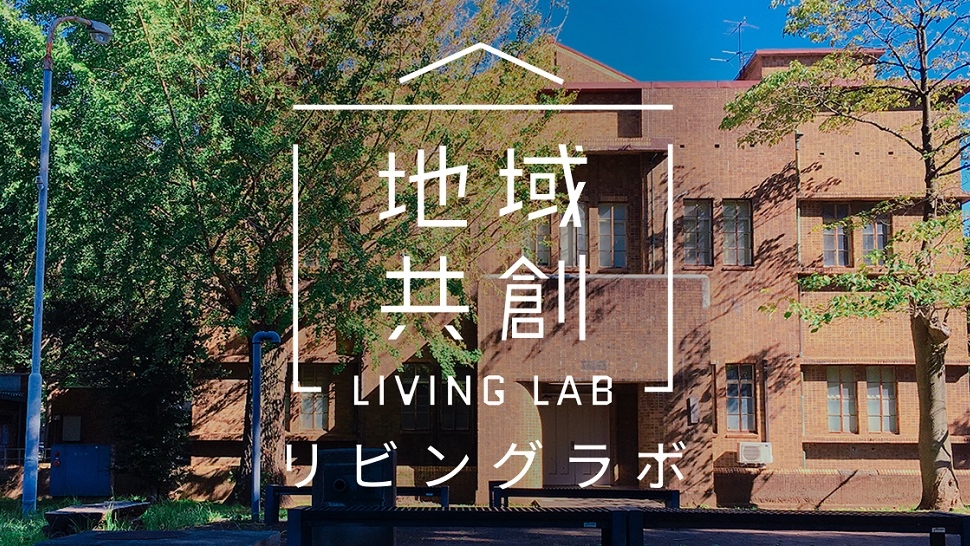
- Co-creation living lab has been launched in Nov. 2018. We are collaborating closely and flexibly with local governments and communities in diverse fields from regional industrial vitalization projects utilizing research seeds, disaster recovery efforts, community rebuilding, and research exchange and personnel development activities that leverage knowledge, experience, and abilities to verification testing of new work styles.
Interdiciplinary Approach RCAST "Great East Japan Earthquake Archive Project"
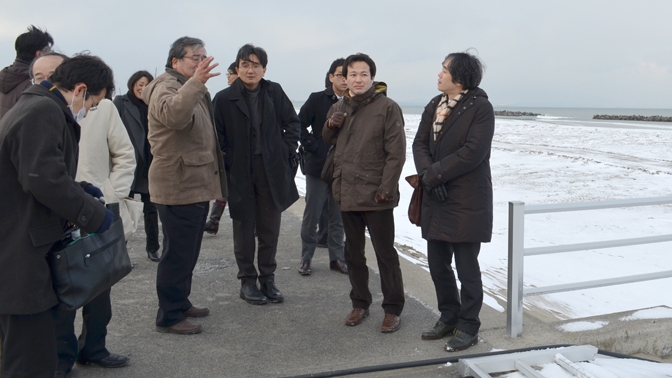
- It has been said that the kind of disaster caused by the Great East Japan Earthquake of March 11, 2011 only occurs once every thousand years, so it is crucial that information and records related to the disaster be preserved for future generations. The awareness is shared by everyone, even those who live outside of the disaster area, and a number of projects and efforts are being carried out.
IDEA Project
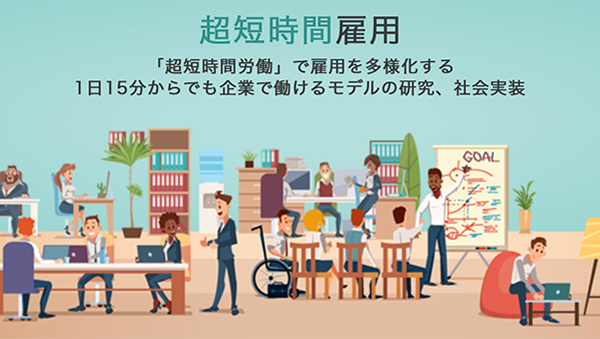
- IDEA is a project for people with disabilities who have been excluded from the current employment system. It provides opportunities by creating and implementing an inclusive employment system with flexible workstyles. This project has developed an ultra-short work hour scheme for people with disabilities, starting from as little as 15 minutes of work per week. This project includes joint research with companies and local governments to improve workplace productivity and the inclusivity of the new work environment.
RCAST Open Laboratory for Emergence Strategies (ROLES)
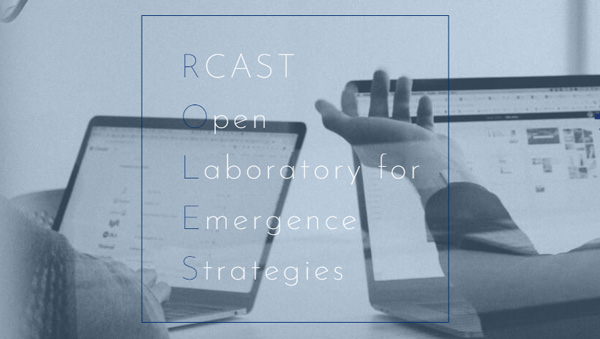
- ROLES was established in 2020 by the Global Security and Religion Division of RCAST. ROLES is an “open” laboratory that breaks down the barriers between researchers and practitioners as well as Japan and overseas, gathers the latest knowledge on international relations and security, then disseminates it domestically and internationally. It attempts to reexamine and reinforce the university’s role as a “think tank,” with most of its operating budget coming from external funds raised independently from public authorities and private companies.
Diversity, Opportunities, Internetworking and Technology
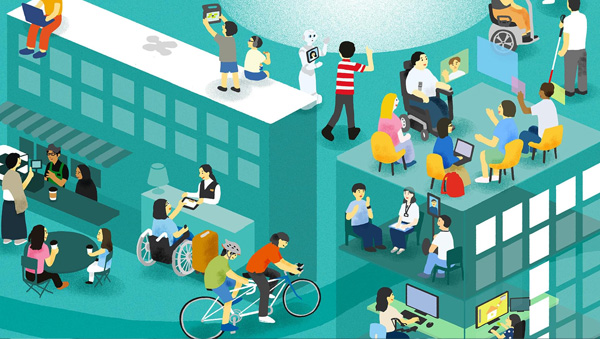
- DO-IT Japan is a project to nurture leaders from among young people with disabilities by supporting their transition to higher education and career. We develops programs that provide participants with various opportunities (such as university life experience, internships, overseas training, and interaction with people with diverse values through participation in the DO-IT community, with a main focus on supporting the use of technology) through industry-academia collaboration.
Students with disabilities who participate in this program can learn about self-determination and self-advocacy, and have the opportunity to learn and enhance their leadership skills to lead social inclusion in the future.
Research Projects (Competitive Research Funds)
Crowd control adaptive to individual and group attributes(JST Mirai program)
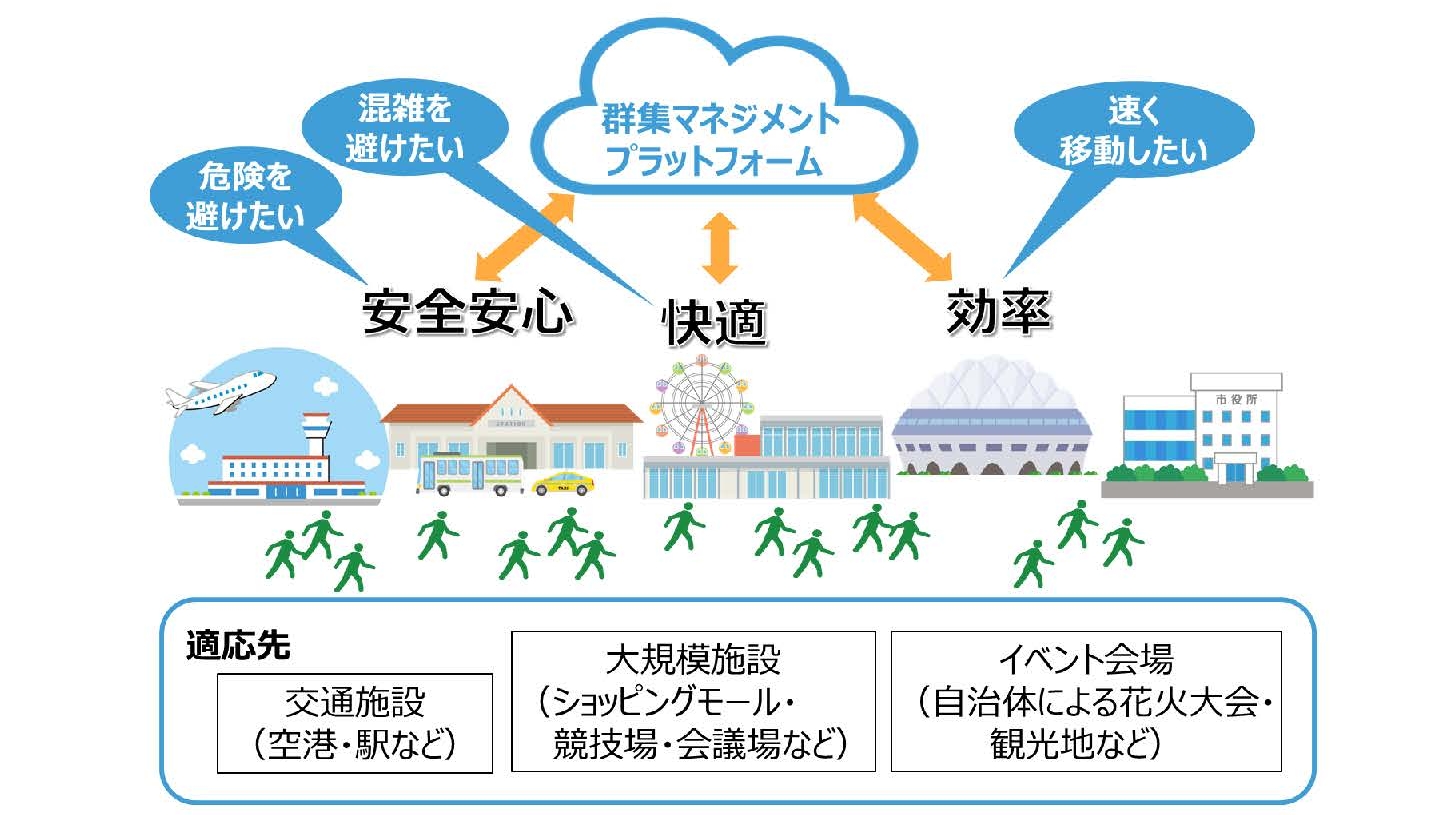
- Crowd accidents occur when the flow of crowd stagnates and density becomes very high. Therefore, in this project, in order to significantly reduce the risk of the occurrence of crowd accidents, we are aiming to establish a scientific method to elucidate the stagnation mechanism of the flow of crowd, and effectively guide the flow of people. We will predict the risk by simulating the behavior of the crowd, guide people by making use of the characteristics of the crowd, and clarify the risk reduction effect through demonstration experiments. By building such a crowd control system, we will contribute to the realization of a safe, secure, comfortable and efficient mobile society.
Research Director : Katsuhiro NISHINARI
Development of an innovative system for converting CO2 into chemical raw materials through electrochemical processes that contributes to sustainable resource recycling.
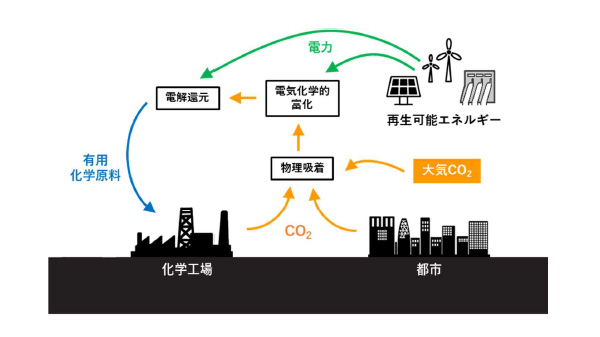
- We will develop an innovative system that captures, enriches, and reduces atmospheric CO2 mainly through electrochemical processes, and converts it into useful chemical raw materials such as ethylene. Unlike thermochemical reactions, electrochemical reactions operate at normal temperatures and pressures, making it possible to construct small-scale distributed systems. Renewable energy will be used as the driving power. Through collaboration among the participating companies and universities, we will promote the development of elemental technologies and plant demonstrations, aiming for widespread social implementation.
Research Director : Masakazu SUGIYAMA
ClimCORE : Climate change actions with CO-creation powered by Regional weather information and E-technology
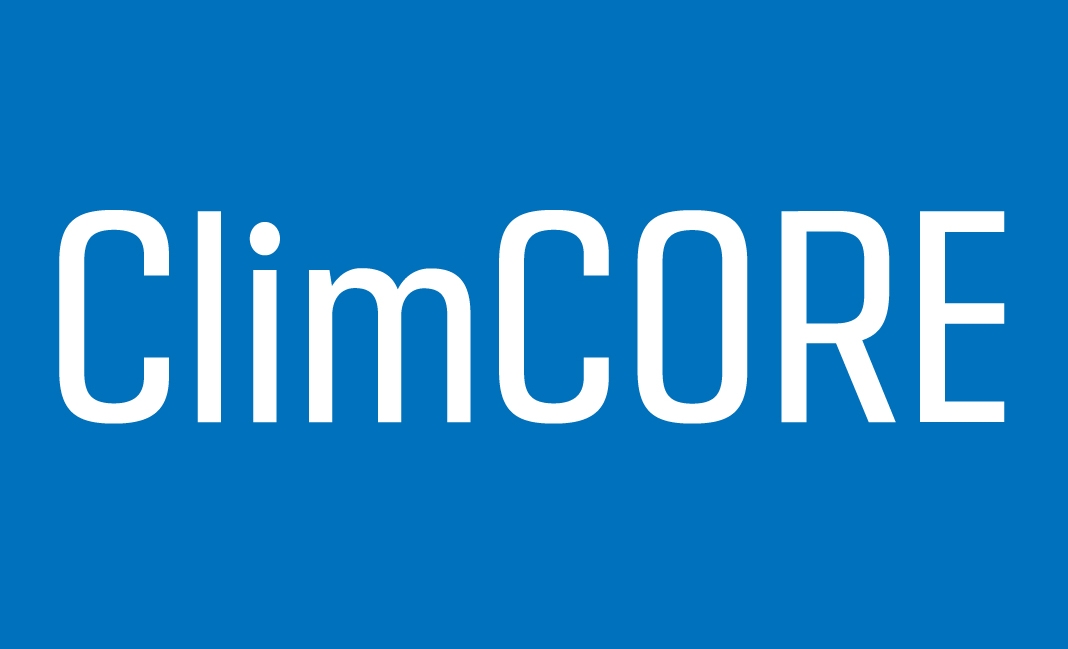
- By incorporating high-resolution data through satellite and radar measurements into a state-of-the-art weather forecast system, we aim at producing regional atmospheric reanalysis data around Japan. The data can reproduce past atmospheric conditions four-dimensionally with high spatial and temporal resolutions to serve as a fundamental dataset for co-creation of safe, secure active communities into the future. The dataset thus acts as a catalyst for activating industry-academia government collaborations in a variety of industrial fields and community activity.
Project Leader : Hisashi NAKAMURA


